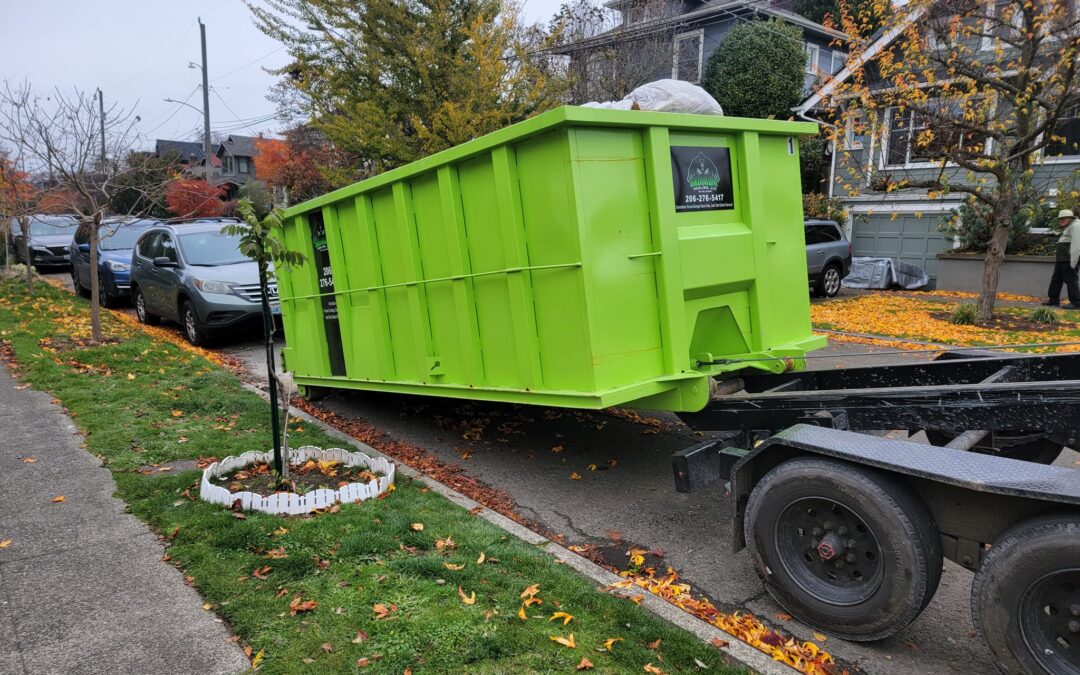In the world of construction, time really is money. Every stalled inspection, late material delivery, or incomplete demolition adds stress, costs, and setbacks. As a construction project manager, your ability to anticipate, communicate, and coordinate directly affects the success of the job site.
To help you avoid unnecessary slowdowns, here are 10 practical strategies to keep your construction project running on schedule — including one critical but often overlooked aspect: demolition cleanup and material removal.
1. Start With a Detailed Project Timeline
Before breaking ground, develop a comprehensive construction timeline that includes every major milestone, from permitting to final inspections. Share this timeline with your subcontractors and update it regularly.
Pro tip: Use Gantt charts or project management software like Procore, Buildertrend, or Microsoft Project to visualize overlapping tasks and critical paths.
2. Build in Buffer Time for Permits and Inspections
Permits and inspections can bottleneck even the most organized builds. Anticipate potential delays by researching turnaround times in your jurisdiction and scheduling inspections well in advance.
3. Vet Subcontractors for Reliability
Your project can only move as fast as your slowest subcontractor. Choose subs with a proven track record of on-time performance. Check references and review past project schedules before onboarding them.
4. Schedule Demolition Cleanup Early
Demolition is only the beginning. Failing to arrange timely debris removal and site cleanup can bring your entire schedule to a halt. Always partner with a hauling company that offers fast, reliable demolition cleanup services.
At Skookum Hauling, we help project managers stay on track with:
-
Same-day and scheduled demolition debris pickup
-
Flexible hauling for concrete, wood, drywall, and metal
-
Post-demolition cleanup that clears the way for framing, plumbing, and electrical crews
Don’t let debris slow down your subs—book your cleanup before you demo.
5. Hold Regular Coordination Meetings
Host brief but consistent check-ins with your core crew and subcontractors. Weekly (or even daily) huddles keep everyone aligned on goals, timelines, and responsibilities.
6. Identify Critical Path Tasks Early
Focus on the activities that directly impact project completion. Tasks on the critical path—those with no float—require extra attention to ensure they start and finish on time.
7. Track Progress in Real Time
Use apps and field reporting tools to log daily progress. Tracking field reports, photos, and task completion lets you identify small delays before they snowball into larger issues.
8. Plan for Contingencies
Unexpected weather, labor shortages, and delivery hiccups are part of the game. Always have a backup plan for key operations and materials.
9. Communicate With Suppliers Constantly
Material delays are a top reason projects go off-schedule. Avoid surprises by confirming lead times, checking in weekly with vendors, and placing large orders well in advance.
10. Close Out Each Phase Thoroughly
Before moving to the next phase of construction, verify that all tasks are 100% complete. Leaving loose ends behind increases punch list items and can delay final inspections.

